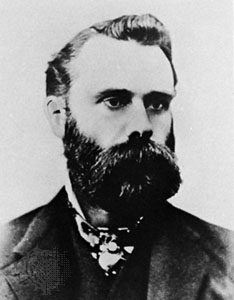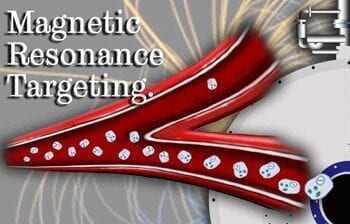
- Image via Wikipedia
The number-crunchers on Wall Street are starting to crunch something else: the news.
Math-loving traders are using powerful computers to speed-read news reports, editorials, company Web sites, blog posts and evenTwitter messages — and then letting the machines decide what it all means for the markets.
The development goes far beyond standard digital fare like most-read and e-mailed lists. In some cases, the computers are actually parsing writers’ words, sentence structure, even the odd emoticon. A wink and a smile — 😉 — for instance, just might mean things are looking up for the markets. Then, often without human intervention, the programs are interpreting that news and trading on it.
Given the volatility in the markets and concern that computerized trading exaggerates the ups and downs, the notion that Wall Street is engineering news-bots might sound like an investor’s nightmare.
But the development, years in the making, is part of the technological revolution that is reshaping Wall Street. In a business where information is the most valuable commodity, traders with the smartest, fastest computers can outfox and outmaneuver rivals.
“It is an arms race,” said Roger Ehrenberg, managing partner at IA Ventures, an investment firm specializing in young companies, speaking of some of the new technologies that help traders identify events first and interpret them.
Many of the robo-readers look beyond the numbers and try to analyze market sentiment, that intuitive feeling investors have about the markets. Like the latest economic figures, news and social media buzz — “unstructured data,” as it is known — can shift the mood from exuberance to despondency.
Tech-savvy traders have been scraping data out of new reports, press releases and corporate Web sites for years. But new, linguistics-based software goes well beyond that. News agencies like Bloomberg, Dow Jones and Thomson Reutershave adopted the idea, offering services that supposedly help their Wall Street customers sift through news automatically.
Some of these programs hardly seem like rocket science. Working with academics at Columbia University and the University of Notre Dame, Dow Jones compiled a dictionary of about 3,700 words that can signal changes in sentiment. Feel-good words include obvious ones like “ingenuity,” “strength” and “winner.” Feel-bad ones include “litigious,” “colludes” and “risk.”









